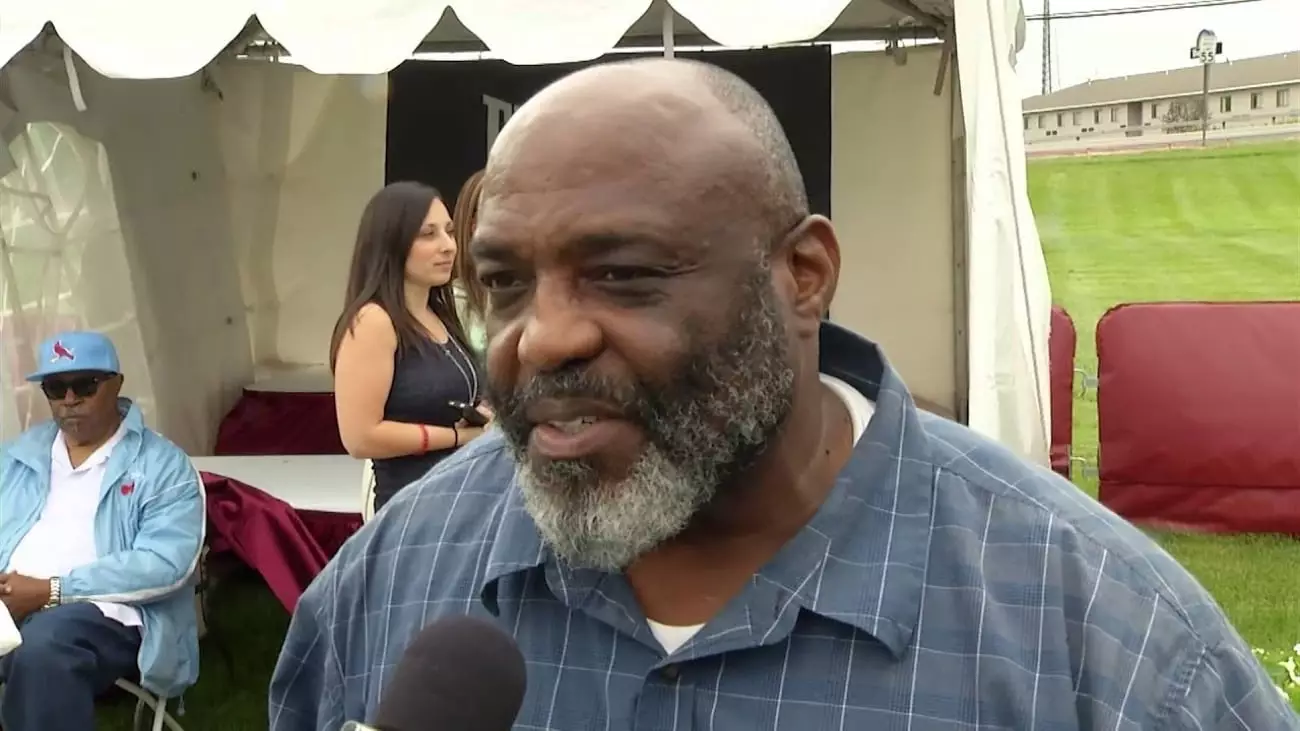Dwight Muhammad Qawi, a name that resonates deeply in the world of boxing, encapsulates a raw tenacity and undeniable skill that few fighters possess. Born Dwight Braxton on January 5, 1953, in Camden, New Jersey, Qawi’s journey from prison to the pinnacle of boxing is not just remarkable but also emblematic of resilience. As we celebrate his 72nd birthday, it’s essential to reflect on the multifaceted aspects of his career, which made him a fighter that fans could watch endlessly.
From Incarceration to a Champion’s Path
Unlike many boxing stars who enter the ring after an illustrious amateur career, Qawi’s roots lay in the harsh environment of incarceration. It was during his time in prison that he honed his fighting skills, thrusting him into a professional arena that was both unforgiving and demanding. Standing at around 5’6”, his height was often perceived as a disadvantage against taller opponents; however, his lack of formal training was compensated by his raw talent, agility, and an enormous heart. After a shaky start to his professional career, Qawi demonstrated an impressive metamorphosis into an athlete of immense prowess.
Qawi’s work ethic was incomparable. His fighting style was characterized by a relentless barrage of punches, a strategy that earned him the moniker “The Camden Buzzsaw.” This name wasn’t just a nickname; it was a testament to his extraordinary punch output and stamina, which allowed him to overwhelm opponents. He could out-jab taller fighters and exploited every opening, a skill that kept him a step ahead in various bouts.
The Evolution of a Fighter
It’s often said that a fighter can only be as good as their last match. For Qawi, this mantra held true as he continuously evolved, adapting and refining his skills. His breaking point came after he endured a difficult loss to Michael Spinks, a fight during which he suffered a serious injury. Rather than allowing this setback to define him, Qawi bounced back with a determination that spoke volumes about his character.
With an aggression that was almost primal and a brick wall of a chin, Qawi dispatched notable opponents such as Mike Rossman and Matthew Saad Muhammad. His reputation as a dark horse in the cruiserweight division grew, eventually leading to a historic clash with Evander Holyfield in 1986. This fight remains a cornerstone in Qawi’s legacy, showcasing his incredible ability to compete against one of the best in the heavyweight ranks, despite ultimately falling short. Though he lost, the ferocity and skill he displayed left an indelible mark in the annals of boxing history.
Being an athlete in a brutal sport inevitably leads to wear and tear, and by the late 1980s, Qawi’s body began to feel the strain of his lengthy career. His notable fight against George Foreman in 1988, a matchup that held substantial intrigue, ended with Qawi suffering a knockout that signaled a shift in his boxing journey. Nevertheless, he continued to fight, driven by an unwavering love for the sport that had elevated him from obscurity.
Even into the late ‘80s, Qawi was still a pertinent threat in the ring. His near-victory over Robert Daniels for a piece of the cruiserweight title proved he could still hang with the elite, despite being past his prime. Ultimately, Qawi retired in 1998 with a professional record of 41 wins, 11 losses, and 1 draw, along with 25 knockouts to his name.
Dwight Muhammad Qawi’s career is more than just numbers; it’s a narrative of determination, evolution, and combat in its purest form. Enshrined in the Boxing Hall of Fame in 2003, Qawi’s legacy is solidified among the greats of the sport. His narrative serves as an inspiration not just to aspiring boxers but to anyone facing adversity. As we celebrate his life, it’s imperative to remember the fighter who continued to push boundaries, embodying the heart of a champion throughout his storied journey in and out of the ring. Happy birthday, champ!

